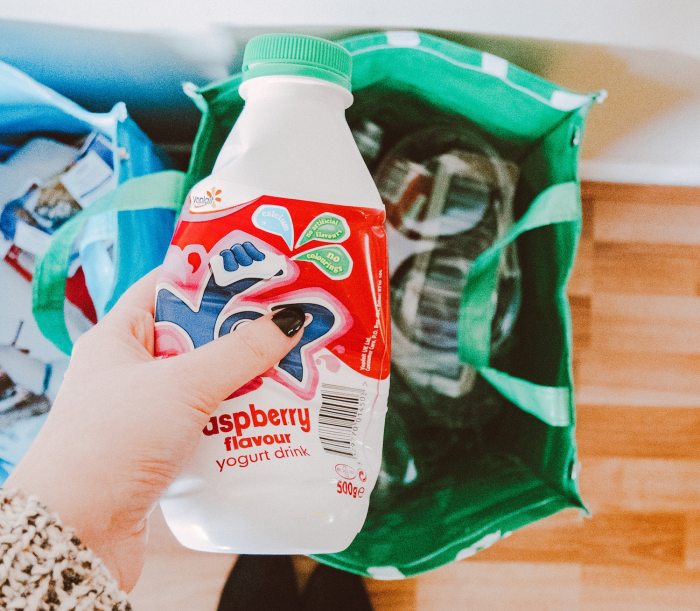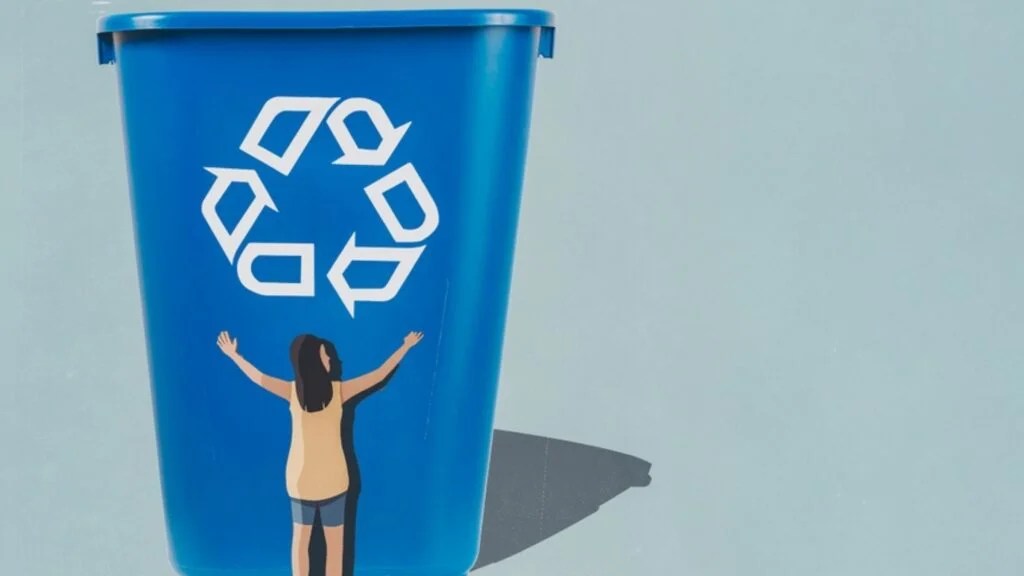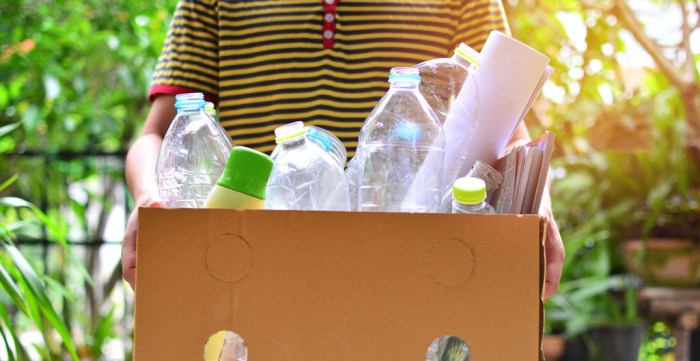Embark on a journey to discover the 4 Common Recycling Mistakes to Avoid, unraveling the impact of our actions on the environment.
Delve deeper into the realm of recycling as we explore the pitfalls to steer clear of for a greener planet.
Common Recycling Mistakes

When it comes to recycling, there are common mistakes that people often make unknowingly. These mistakes can have a negative impact on the environment and hinder recycling efforts.
1. Wishful Recycling
Wishful recycling is when people toss items in the recycling bin that they hope can be recycled, even if they are not actually recyclable. This leads to contamination of recycling streams and can result in entire batches of recyclables being rejected.
2. Not Rinsing Containers
Not rinsing out containers before recycling them can lead to food residue contaminating other recyclables. This can make the recycling process more difficult and may result in those items being sent to the landfill instead.
3. Putting Plastic Bags in Recycling Bins
Many people mistakenly believe that plastic bags can be recycled along with other materials. However, plastic bags can clog recycling equipment and cause damage. They should be taken to special drop-off locations for proper recycling.
4. Incorrectly Recycling Electronics
Electronics contain valuable materials that can be recycled, but they need to be handled properly. Simply tossing electronics in the recycling bin can be harmful, as they may not be processed correctly, leading to potential environmental hazards.
Tips for Proper Recycling

When it comes to recycling, following the guidelines correctly is crucial to make sure your efforts are effective. Here are some practical tips to help you avoid common recycling mistakes and contribute to a more sustainable environment.
1. Know What Can Be Recycled
- Check with your local recycling facility or municipality to understand what materials can be recycled in your area.
- Common items that are recyclable include paper, cardboard, glass, metal, and certain types of plastics.
- Avoid putting non-recyclable items in the recycling bin, as this can contaminate the recycling stream.
2. Clean and Sort Your Recycling
- Rinse out food containers and remove any food residue before recycling them.
- Sort your recyclables into different categories to make the recycling process more efficient.
- Separate materials like paper and cardboard from glass and metal to prevent contamination.
3. Use Recyclable Bags and Containers
- Opt for reusable bags or containers made from recyclable materials when shopping.
- Avoid single-use plastics and choose eco-friendly alternatives whenever possible.
- Recycle any plastic bags or containers you use to reduce waste.
4. Educate Yourself and Others
- Stay informed about recycling guidelines and best practices to make informed decisions.
- Share your knowledge with friends and family to help spread awareness about proper recycling techniques.
- Lead by example and encourage others to follow sustainable recycling habits in their daily lives.
Impact of Correct Recycling

Proper recycling plays a crucial role in protecting our environment and conserving valuable resources. By correctly recycling items like paper, plastic, glass, and metal, we can significantly reduce the amount of waste that ends up in landfills or incinerators.
Environmental Benefits of Correct Recycling
- Reduction of greenhouse gas emissions: Recycling helps to reduce the amount of greenhouse gases released into the atmosphere, which can contribute to climate change.
- Conservation of natural resources: Recycling materials like paper and metal helps to conserve natural resources such as trees and ores, reducing the need for raw material extraction.
- Energy savings: Recycling requires less energy than producing new materials from scratch, leading to energy savings and lower carbon emissions.
Data on Correct vs. Incorrect Recycling
| Recycling Practice | Environmental Impact |
|---|---|
| Correct Recycling | Reduces carbon emissions, conserves resources, and saves energy. |
| Incorrect Recycling | Contributes to landfill waste, increases pollution, and wastes valuable resources. |
Last Word

As we conclude our exploration of 4 Common Recycling Mistakes to Avoid, remember that small changes can lead to significant environmental benefits. Let’s strive for a sustainable future together.